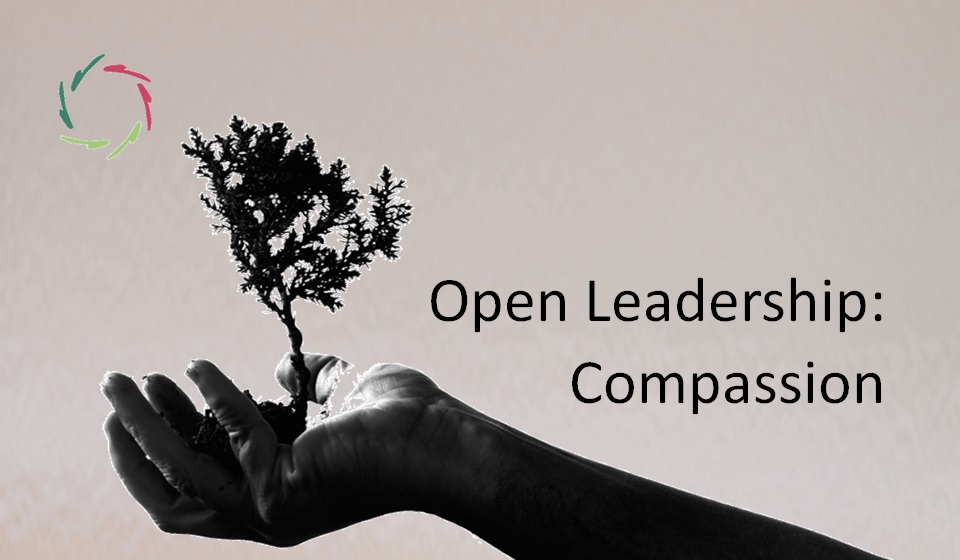The Improvisational Leader

Being ‘improvisational’ is more than improvising now and then. It’s a continuous action as the scene develops like a jam session.
Latin ‘im-pro-visus’ = un-fore-seen, not having made preparations for…
New situations arise and people look at you, the leader, for a solution.
It’s a leader’s job to be improvisational.
You improvise ‘in the moment’. It is an action of being alive as a leader. You take the situation as it is, try to use it as well as possible. Then you see where this leads to and do the same thing over again. When things do not run as they should, chaos looms around the corner, a new direction is needed. An improvisation is not chaos of course. It’s about bringing order in chaos. And nowadays, as we continually live in times of change:
Being improvisational is always needed.
A leader needs to prepare for being unprepared, like a jazz musician who trains to improvise.
Leadership being about management of people through all this change, leaders are needed more than ever. In its own way of course, improvisation also drives innovation. You stumble upon new solutions, more change ahead.
To improvise is not just doing anything new.
You take care of constraints: budget, people… You listen to others, to their deep wishes. Improvisation is not just a change of perspective but a change from inside. Real improvisation is the result of a ‘suspension of judgment’, a suspension of making quick-and-explicit associations. It’s about an avoidance of routines, thus: openness, critical thinking and flexibility from inside, seeing broad patterns.
Building confidence
In order to be improvisational, it helps to trust and be trusted. Knowing that you can be improvisational when needed, heightens your trust in yourself. This takes practice, ideally: learning while doing, all the while being receptive to possible mistakes and changing accordingly. You learn to be confident, comfortable in your confidence, authentic as an improviser.
Improvisation also lets you explore your boundaries and your strengths. This is information you can use, stuff with which to improvise. It’s part of being prepared to be unprepared.
Being improvisational = being inspirational.
Your improvisation inspires others. Your new and yet well-considered twists and turns open others to also explore new ways. At least, if you don’t overwhelm them. They need openness – maybe even just a little bit of chaos now and then – to be themselves and you can provide that… the modular way: showing the borders as well as the freedom within.
This may require your subtleness as Open Leader!
End goal of improvisation: growth
As everything in nature. Nature itself is one big improvisation.
You as leader are thus also part of nature
as well as its guardian in an ever more complex future.
Taking this at heart, you have the power of nature behind you.
Or even better: within you.


